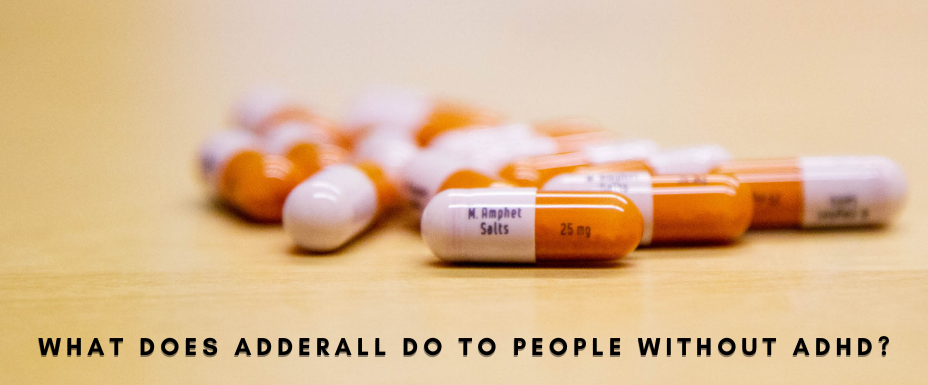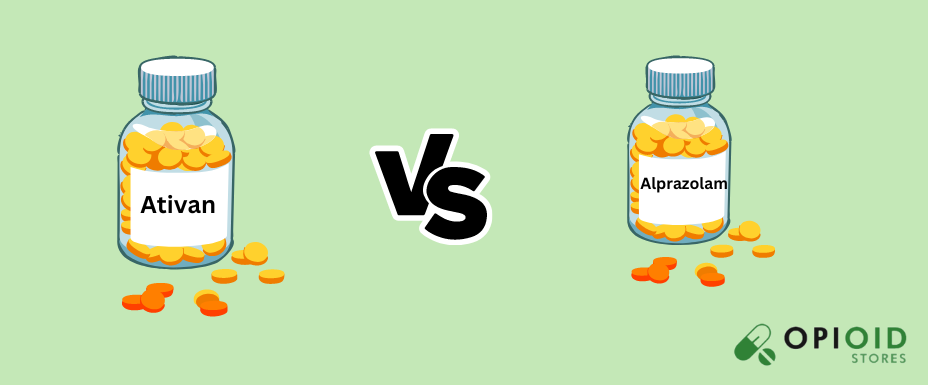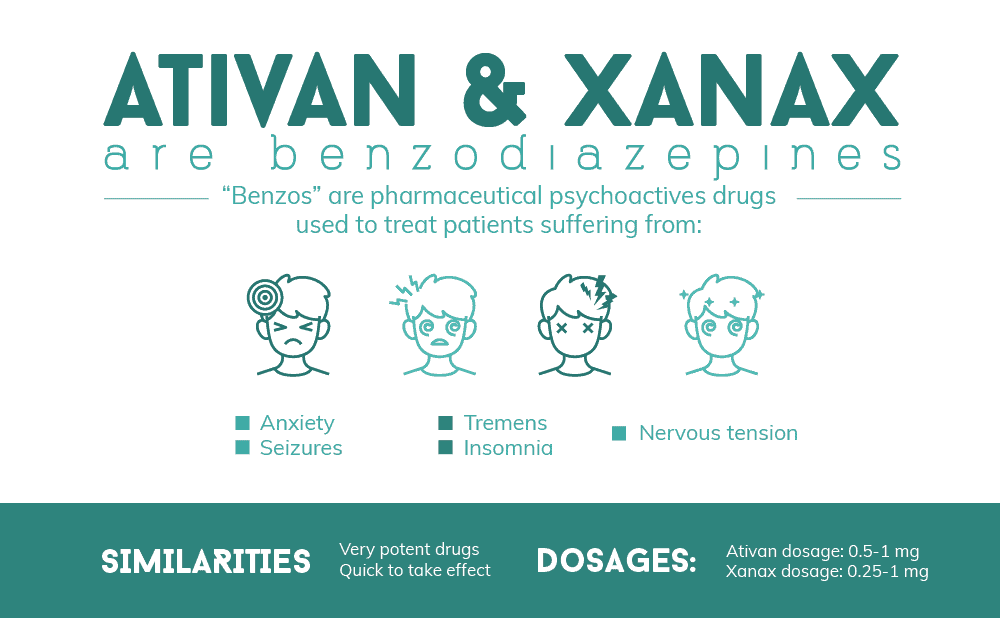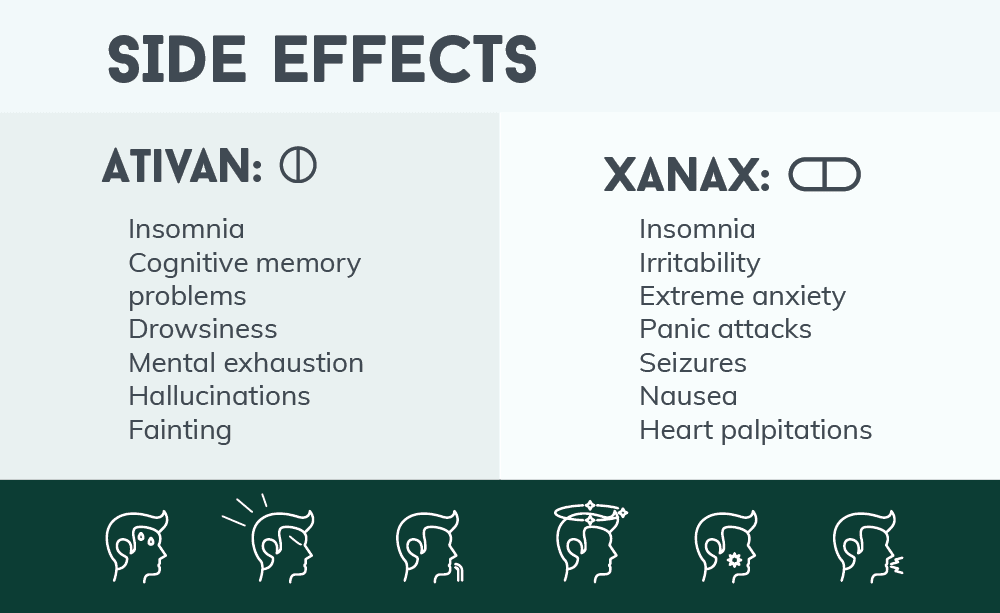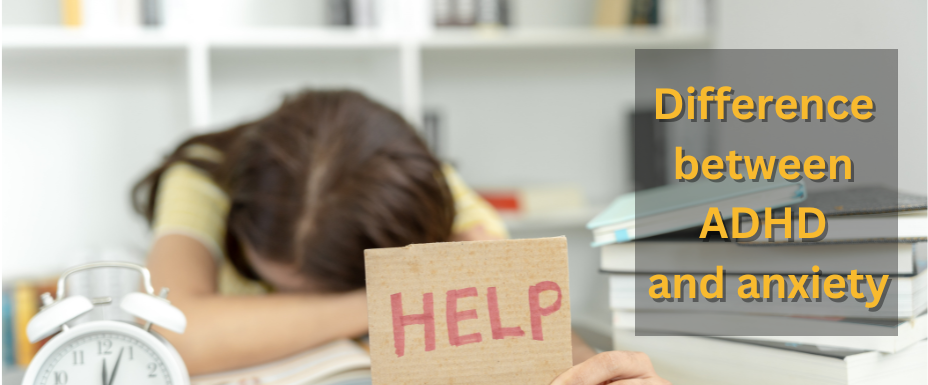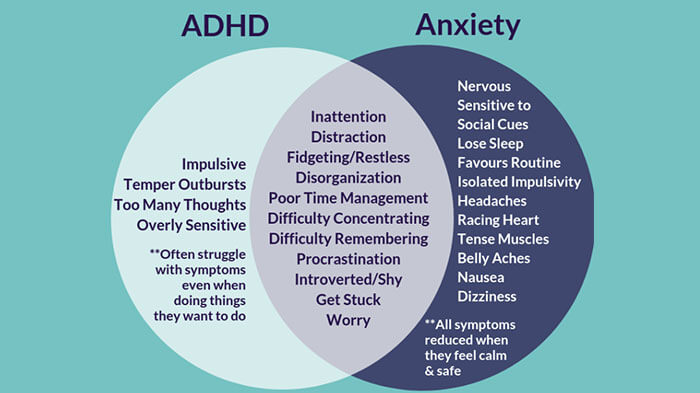What does Adderall do without ADHD?
What is Adderall?
Adderall is a medicine that is commonly used to treat the condition of Attention deficit hyperactivity disorder (ADHD). Buy Adderall online to treat your ADHD. It belongs to the drug class called stimulants.
It is a combination of dextroamphetamine and amphetamine, two CNS stimulants. Adderall reduces impulsivity and improves focus by increasing norepinephrine and dopamine levels in your brain. Adderall is found to be helpful in most people with ADHD.
Patients with narcolepsy have brains without enough amounts of specific neurotransmitters responsible for stabilizing wakefulness. Adderall helps such patients remain awake in the daytime. You may Buy Adderall 10mg to get overnight relief from your troublesome impulsive behaviors due to ADHD.
The FDA approved Adderall’s use in 1996. The benefits of Adderall are even more significant if Adderall is taken along with behavioral therapy. Behavioral therapy aims to help patients with various behavioral or mood disorders. Adderall has the opposite effect in healthy people, i.e., it over-stimulates their brain, which you will read further.
What are the uses of Adderall?
Adderall can be used in children aged 6 to 12, adolescents aged 13 to 17, and adults. While Adderall is only FDA-approved to treat ADHD, some clinical studies suggest it may help treat children with ADHD.
People often buy Adderall online to help focus on academic performance. Adderall is also used to elevate mood and decrease appetite. It enhances attention, alertness, and concentration. Some users believe it also increases the mental aspects of a performance (academic and athletic).
It helps the athletes compete and practice with unblinking focus and increased reaction times. Thus, you may buy Adderall to perform better academically and athletically.
In general, stimulants (such as Adderall) can also be used as an adjunct for treatment-resistant depression. However, the research is not clear about their efficacy in treating depression.
How does Adderall work?
Adderall works by enhancing focus and concentration, as Adderall acts as a direct stimulant on the CNS. If you have these issues, you can buy Adderall for its stimulant actions in alleviating your ADHD symptoms.
Dopamine is the reward neurochemical. It explains why this drug could produce feelings of euphoria (high) or increased energy levels. Adderall may also help your brain from being distracted by other little things, such as any external sound.
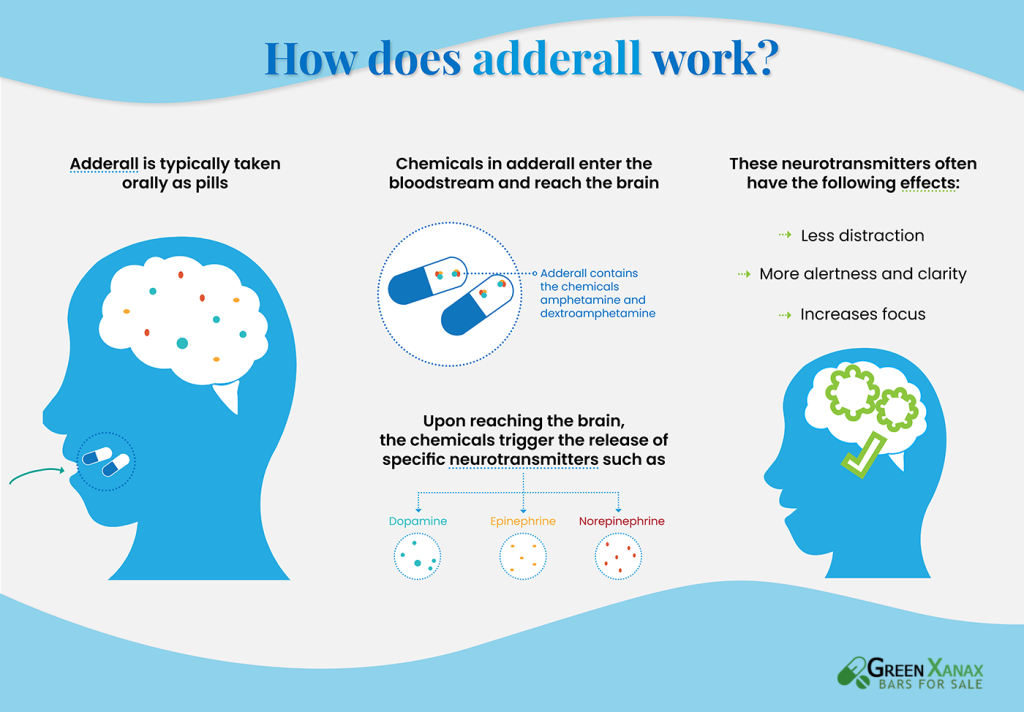
It would generally provide a minor hit of a reward. Dopamine helps the brain reinforce rewarding behaviors. Norepinephrine affects your blood vessels, heart rate, blood pressure, and breathing. It might also affect your blood sugar. You may buy Adderall to manage your narcolepsy and stay focused on your tasks without feeling sleepy.
How long does the effect of Adderall last?
When taken as directed, the effects of Adderall last for around four to six hours. The results of Adderall XR last for about twelve hours, as this form of Adderall is designed for slow and sustained release. Hence, you may buy Adderall online to focus on your tasks for an extended period without your mind getting distracted by external factors.
However, how long the Adderall effects last in general might be changed by other medications you take, known as drug interactions. High-acid juices can also shorten the effects of Adderall since they can interfere with absorption.
Should I take Adderall without ADHD?
It would help if you did not take Adderall without ADHD. If you do not need them, stimulants can make it easier to remember something. Adderall has the same effect on people who do not have ADHD.
When you buy Adderall and consume it without ADHD, you may experience euphoria and feel more energetic as Adderall generates an excess amount of norepinephrine and dopamine. It, in turn, increases the activity in your central nervous system.
However, hazardous emotional and physical side effects can also occur after consuming Adderall. You might experience some side effects, ranging from loss of appetite, headaches, and jitteriness to palpitations, elevated blood pressure, and insomnia.
And you also are likely to feel a bit sluggish and might even feel sad. The reason is that you have just overloaded your brain with more dopamine than it needs. It means that all the euphoria or high feeling will come crashing after the Adderall has circulated out of your system.
How should I take Adderall?
- You can take Adderall tablets and capsules orally and swallow them whole. Do not crush, break, or chew them, as doing so could release the whole drug and enhance the risk of side effects.
- You can take Adderall with or without food as directed by the doctor. It is ideally taken earlier in the morning. One should take Adderall the same way with each dose (such as with or without food).
- Drink a glass of water or liquid after each Adderall dose. If you forget to take your dose of Adderall, take it as soon as possible. However, please take caution when taking this medication in the afternoon as it might interfere with your sleep when you take it too close to bedtime. You should avoid doubling up on this drug dose.
- You can also sprinkle the entire contents of an Adderall capsule on a small amount of juice or applesauce just before ingesting it. Swallow this mixture immediately. It can be particularly beneficial for young children resistant to taking medicine.
- One must store Adderall at room temperature (59 F to 86 F). Adderall is a controlled substance. Thus, one should keep it securely in a tightly closed container.
What are Adderall’s common side effects in patients with ADHD?
Physical side effects of Adderall may include psychosis, an increase in heart rate, glaucoma, a rise in blood pressure (hypertension), kidney or liver disease, and seizures. Adderall is a habit-forming drug. Using it recreationally may increase the chances of developing a physical and psychological dependence on it.
Abuse of Adderall can be hazardous since the drug can have neurotoxic effects. Adderall neurotoxicity causes damage to the nervous system. In the case of Adderall, it indicates neuron and nerve damage caused due to high levels of dopamine.
Adderall can be considered neurotoxic in high dosages, as Adderall’s disruption can damage your dopaminergic system. Using Adderall over a long duration may lead to premature aging of body organs, as research suggests.
In some cases, Adderall has been reported to lead to schizophrenia-like symptoms. These symptoms can include paranoid delusions, hallucinations, and sudden changes in mood or behavior.
Panic attacks and anxiety disorder may also be triggered by extended use of Adderall or Adderall withdrawal. The FDA (Food and drug administration) prints warnings about potential adverse psychiatric side effects due to Adderall.
Conclusion
Avoiding Adderall if you don’t have ADHD would be beneficial. Stimulants can make it simpler for you to remember something if you do not need them. People without ADHD are affected by Adderall in the same way.
Because Adderall produces too much norepinephrine and dopamine, people who take it without having ADHD may feel euphoric and more energized. It then causes your central nervous system to become more active.

